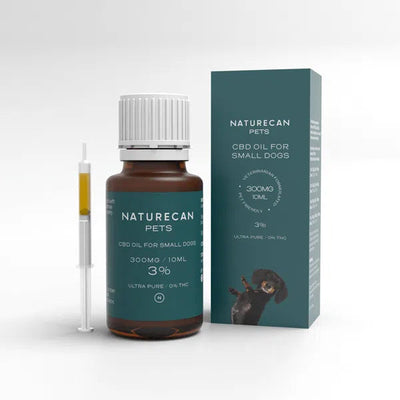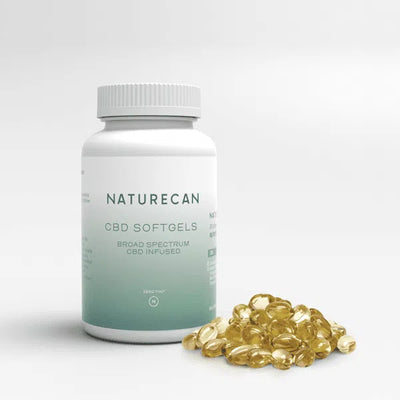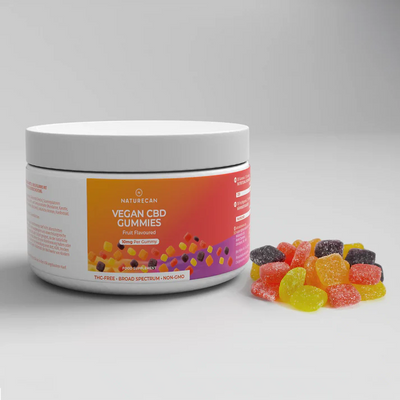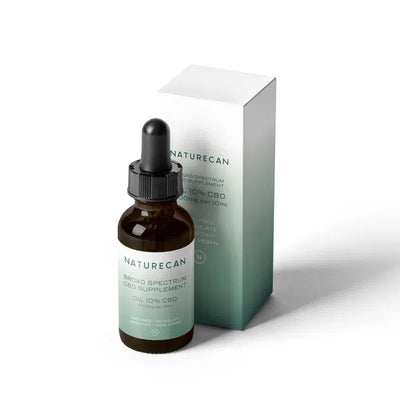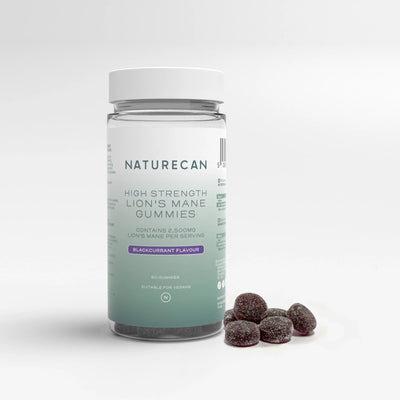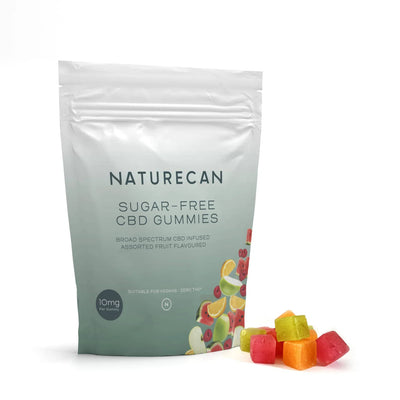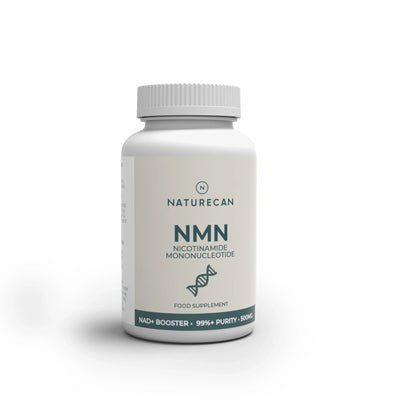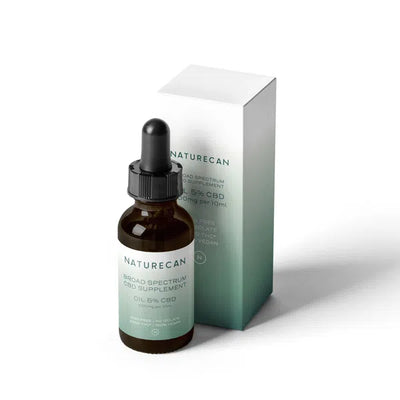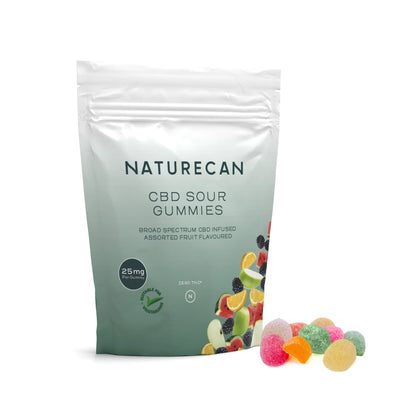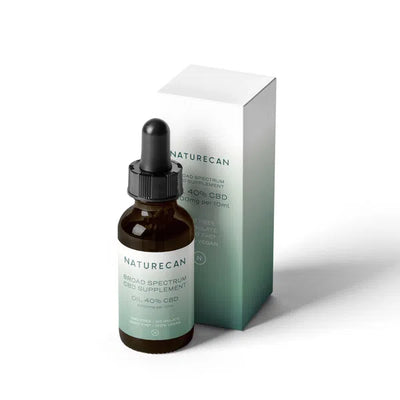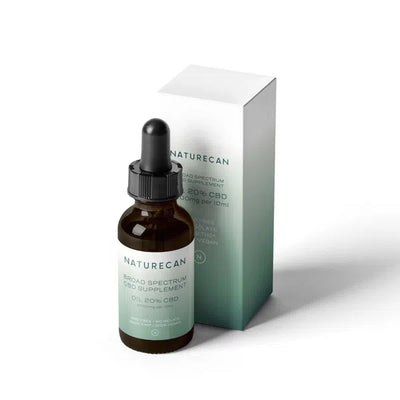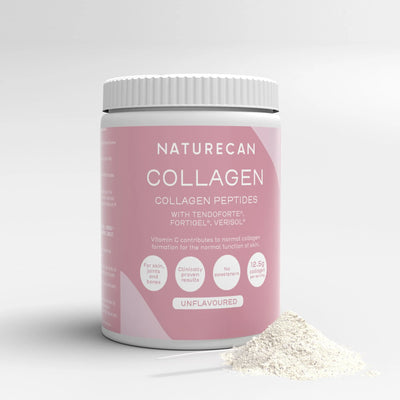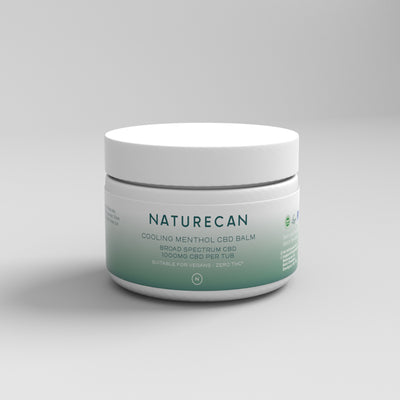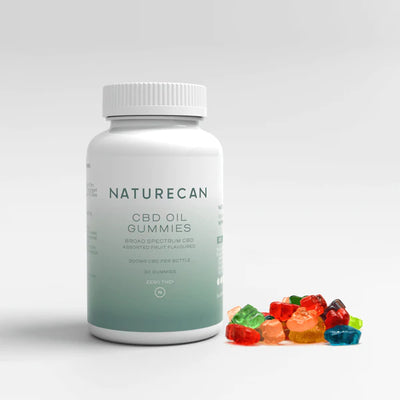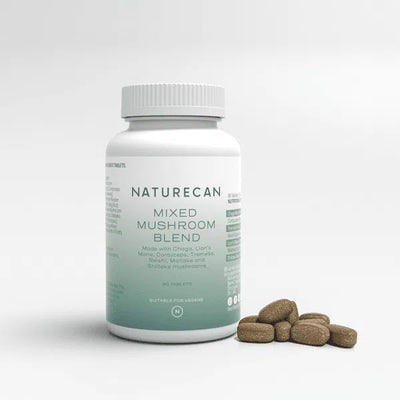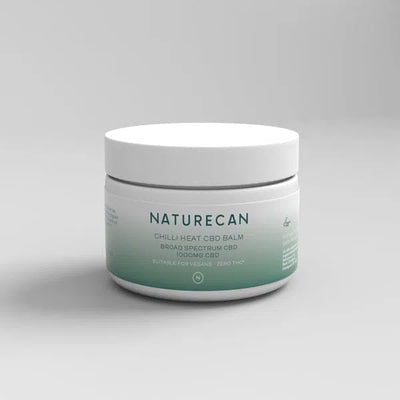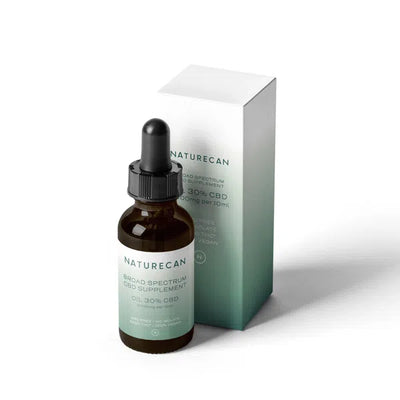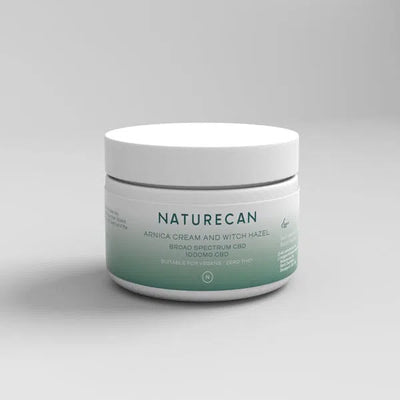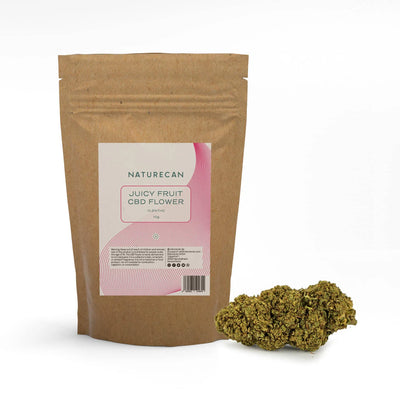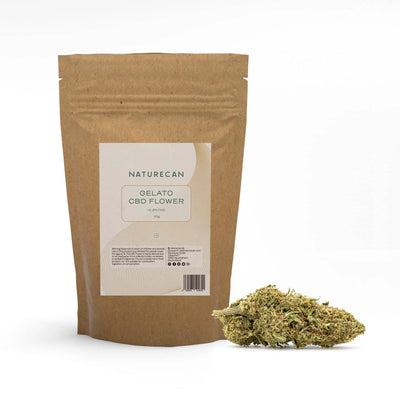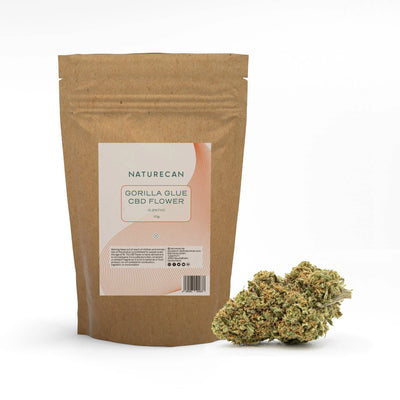THC Detox: Safely Clearing Cannabis from Your System

Written by Georgia Chappell & Reviewed by Paul Holmes.
Looking to cleanse your body of THC? A THC detox can be essential for passing a drug test, those with a cannabis addiction or for those deciding to take a break from cannabis. This guide will walk you through the process, shed light on what THC detox involves, and provide actionable steps to eliminate marijuana from your system efficiently.
Key Takeaways
- Marijuana detox is the process of cannabis withdrawal to clear THC and its metabolites from the body, often involving medical supervision and can be motivated by factors such as withdrawal symptoms and the desire to overcome addiction.
- The body naturally eliminates THC, a fat-soluble compound, through liver metabolism and excretion. However, detox speed varies due to factors like metabolism rate, body fat, usage frequency, and potency of cannabis consumed.
- Detox methods include THC detox drinks, herbal supplements, and lifestyle changes such as diet, hydration, and exercise. The efficacy of detox remedies varies and should be combined with professional medical advice for safe and effective detoxification.
Exploring Marijuana Detox: What It Means and Why You Might Need It
Embarking on a marijuana detox journey can seem daunting initially. But what could be the reasons prompting this decision? To answer this, let’s first understand what THC detox is. It’s a specific process of abstaining from THC consumption, allowing the body to metabolise and eliminate THC and its metabolites. This process, also referred to as cannabis detox, involves flushing out all remnants of cannabis, including its metabolites, from an individual’s system.
But why might you need THC detox? The reasons are varied and personal. Perhaps you’re experiencing discomfort during withdrawal, including symptoms like anxiety, headaches, and insomnia. Or maybe you’ve made multiple attempts to quit using marijuana on your own but have been unable to do so successfully. Whatever the reasons, embarking on the path to THC detox is a personal journey, unique to each individual.
Understanding Cannabis Detox
Let’s examine the specifics of THC detox in greater detail. Often under medical supervision, this process involves the first step of removing toxic and addictive substances from the body, which is a crucial step in recovery. This is because THC interacts with cannabinoid receptors in the brain, linked to various cognitive and perceptual functions.
The detox process allows these receptors to function normally again, free from the influence of THC. Comprehending this process is vital for a successful THC detox journey preparation.
Reasons for Detoxing from THC
But what could prompt someone to choose a THC detox? Perhaps they are dealing with discomforting withdrawal symptoms like:
- anxiety
- depression
- irritability
- restlessness
- insomnia
For others, the motivation might stem from a desire to overcome cannabis addiction in a safe, supportive environment - cannabis withdrawal. Regardless of the reasons, detoxing with professional support is recommended to reduce the discomfort of withdrawal symptoms, which can lead to relapse.
Identifying these reasons may fuel the motivation required to initiate and persist with the detox process.

The Science Behind THC Accumulation and Elimination
Comprehending the science behind THC elimination uncovers the complex mechanisms embedded in the detox process, similar to peeling an onion’s layers.
THC, or tetrahydrocannabinol, is fat-soluble, meaning it’s readily stored in fat cells within the body. When consumed, THC is distributed into various organs and tissues in the body, predominantly accumulating in fatty tissue. Over time, this can lead to an accumulation effect, extending the time required for detox.
Our bodies are designed to eliminate toxins naturally, with the liver playing a leading role. As the primary detoxification organ, the liver metabolises THC into a number of cannabis metabolites. These metabolites are eventually excreted from the body through waste products such as urine and faeces.
However, the rate at which THC is cleared from the body can vary widely between individuals. Factors such as:
- metabolism
- body fat
- frequency and potency of cannabis use
- genetic factors
Grasping these elements can offer a more transparent view of your individual detox journey.
How THC is Stored in the Body
To further explore the science, let’s inspect how the body stores THC. Due to its fat-soluble nature, THC easily binds to fat molecules in the body and is absorbed by fat cells located throughout the body. This means THC can be stored for extended periods in body fat and is slowly released into the bloodstream.
This unique property of THC is a key factor in how and why THC detox works the way it does.

Factors Influencing THC Clearance Rate
So, which determine how quickly your body can clear THC? Several factors come into play here. Individuals with a higher metabolism or lower body fat can clear THC from their bodies faster than those with a slower metabolism or higher body fat percentage. Additionally, chronic cannabis users or those consuming high-potency THC products will retain THC in their bodies for longer periods. Even genetic factors and drug interactions that involve the cytochrome P450 system can alter the rate of THC metabolism. Grasping these factors can assist you in determining your personal detox timeline.
Comprehensive Guide to Detox Remedies
While the body has its natural detox process, there are several remedies available that can aid this process. These include THC detox drinks, herbal supplements, and even CBD Oil. But how effective are they? Let’s explore this exhaustive guide to detox remedies.
CBD and THC: Can it help with THC detox?
Can CBD, another active compound in cannabis, aid in THC detox? While CBD alone should not show up on a drug test, some CBD products may include trace amounts of THC, which could potentially appear in test results. The presence of THC in CBD products is influenced by various factors including the source of the CBD extract, the plant strain, and the extraction process. Hence, while CBD products may potentially contribute to THC detox, ensuring the products used are THC-free is significant.
Popular THC Detox Drinks
THC detox drinks are another commonly used tool in the detox process. These are formulated beverages designed to assist the body’s natural cleansing system and focus on the rapid elimination of THC and its metabolites. They commonly include:
- Water
- Vitamins
- Minerals
- Electrolytes
- Natural diuretics, with herbal components such as dandelion root or uva ursi
However, the effectiveness of these drinks can vary based on individual factors such as body mass, metabolic rate, and frequency of how much cannabis withdrawal one pursues.

Herbal Supplements and Their Role in Detox
Herbal supplements can also play a role in THC detox. Herbal extracts such as dandelion root and milk thistle are commonly included in THC detox drinks. These are thought to support the body’s natural detoxification processes and enhance detoxification pathways, including liver and urinary function enhancement and stimulation of metabolic activity.
Evaluating the Efficacy of Detox Solutions
Despite the availability of various detox solutions, evaluating their effectiveness is crucial. The effectiveness of THC detox drinks can vary based on the frequency and quantity of cannabis used by the individual and their overall health. There is limited scientific and clinical evidence that supports the effectiveness of THC detox drinks alone, which necessitates a comprehensive approach to detoxification.
Utilising diuretics can increase urine output, which may assist in passing urine tests, and ingesting activated charcoal might help reduce THC metabolite levels as part of a broader detoxification strategy. Always consult with a healthcare professional before starting any detox regime.
Lifestyle Modifications to Support THC Detox
Beyond detox remedies, making changes to your lifestyle can also support your THC detox journey. Regular physical activity, a balanced diet, and adequate water intake are all important lifestyle modifications for successful THC detoxification.
Let’s inspect these lifestyle modifications and their potential to assist in the detox process.

Diet and Hydration
Maintaining appropriate hydration is vital during THC detox, as it aids in toxin expulsion, kidney function support, and withdrawal symptom relief. A balanced diet including high-fibre foods, nutrient-rich fruits, vegetables, lean proteins, and whole grains supports the body’s detoxification systems and can help manage withdrawal symptoms.
Detox drinks, also known as detox drink options, such as lemon water, dandelion root tea, green tea, and ginger tea may supplement hydration efforts and aid in detoxing THC from the body.
Exercise and Physical Activity
Regular physical activity has been shown to have several effects on THC levels in the body.
- It increases the release of THC from fat cells
- Moderate exercise can cause transient increases in THC levels in the blood
- Regular exercise can enhance the rate at which THC is metabolised and released from fat stores
Additionally, physical activity during THC detox can assist in burning the fat stores where THC is accumulated and also aid in producing endorphins, which may alleviate withdrawal symptoms.
Stress Management Techniques
Managing stress is a critical part of the detox process, especially when one aims to detox from cannabis. Stress and anxiety can exacerbate withdrawal symptoms by causing the body to release cortisol, which may intensify the urge to consume cannabis. Here are some effective methods for managing stress and the associated psychological withdrawal symptoms during detox.
- Deep breathing exercises
- Progressive muscle relaxation
- Cognitive-behavioural strategies
- Mindfulness meditation
- Yoga
Tai chi

Navigating Withdrawal: Managing Symptoms and Seeking Support
Withdrawal is an inevitable part of the THC detox process. Physical side effects and altered neurological functions are known symptoms of cannabis detox, and common marijuana detox symptoms can be highly uncomfortable, potentially driving individuals to resume cannabis intake.
Furthermore, the psychological effects of cannabis withdrawal can create a significant risk of relapse. Therefore, having proper support systems in place during this vulnerable time is crucial.
1. Identifying Specific Withdrawal Symptoms
Identifying specific withdrawal symptoms is the first step in managing them. Rest and sleep are crucial for recovery during a THC detox as the body may experience fatigue.
Furthermore, THC detox can lead to psychological withdrawal symptoms like mood changes and impaired memory due to the effects of THC.
2. Treatment Options for Cannabis Withdrawal
There are numerous treatment options available for managing cannabis withdrawal symptoms, including:
- Detoxification kits
- Cognitive-behavioural therapy (CBT)
- Personalised treatment plans
- Residential rehabilitation services
These treatments assist in reducing health risks associated with drug use by offering testing and treatment for communicable diseases.
3. The Role of Support Groups in Recovery
Support groups are pivotal in helping individuals cope with the psychological withdrawal symptoms associated with THC detox. Organisations such as UKNA (Narcotics Anonymous) offer communal support which can be essential for maintaining sobriety. Addiction treatment specialists act as a bridge to support groups, providing critical resources for both drug users and their support networks.

Risks of detoxing cannabis on your own
The greatest risk of detoxing from weed on your own is relapse. Withdrawal symptoms can be uncomfortable, and without a strong support network, the urge to use again can be overwhelming. In a treatment facility, you have the support of peers and healthcare professionals to help you through this transition.
Fortunately, the physical risks of detoxing from weed are generally less severe than other drugs. The main symptoms to watch for are stomach issues, like nausea and vomiting, and dehydration. Staying hydrated and having a friend nearby to monitor these symptoms can help.
Besides the physical symptoms, many people face psychological challenges when becoming sober. Anxiety and depression often follow physical detox. Detoxing at home can make it hard to handle these feelings. In a treatment facility, mental health professionals can support you in addressing these emotions constructively.
Preparing for a Drug Test: THC Detox and Detection Times
For many, preparing for a drug test is a primary motivation for THC detox. Whether you’re facing a drug test for employment, legal, or personal reasons, understanding THC detox and detection times can be crucial.
Let’s explore this topic and impart some practical advice on preparing for drug tests, including other drug tests that one might encounter.
Types of Drug Tests and THC Detection
Different types of drug tests have varying abilities to detect THC. Blood tests can detect the actual presence of THC, showing positive for a few hours to up to seven days in heavy users. Saliva tests typically show positive results for approximately 2-4 hours post-consumption.
Comprehending the type of test you’re facing can aid in improved preparation.
Estimating Your Personal Detox Timeline
Your personal detox timeline can greatly influence whether you test positive or negative for THC. THC and its metabolites can remain detectable in a person’s system for several days to several months after last use, depending largely on the frequency and quantity of cannabis use.
Medical Insights: When to Consult Healthcare Professionals
Consultation with healthcare professionals is a vital segment of the THC detox journey. Whether you’re encountering issues during cannabis detox or simply seeking guidance, seeking the guidance of a primary care physician or a specialist in medical cannabis can be invaluable.
Recognising When Professional Help is Needed
Identifying the need for professional assistance is the initial step towards obtaining it. Here are some signs that indicate a need for medical intervention when someone is trying to quit or reduce their habit of consuming marijuana.
- Persistent cannabis cravings and the inability to cut down despite a desire to do so
- Exposure to high levels of toxins during detox
- Severe withdrawal symptoms, such as increased heart rate, severe nausea, or vomiting
If you experience any of these signs, it is important to seek medical help.

Risks of Unsupervised Detox
Undertaking detox without medical supervision encapsulates potential risks. Detoxification kits can have potential health risks such as psychosis, and products advertised for cleansing the body have safety and effectiveness that are not well-regulated. Therefore, it’s recommended to always consult with a healthcare professional before starting any detox regime.
Consulting with Addiction Treatment Specialists
Offering targeted support, addiction treatment specialists have a pivotal role in the THC detox process. Their strategies are designed to tackle substance dependency issues and facilitate a smoother and safer detox experience.
A personalised treatment plan created by addiction treatment specialists can significantly enhance the effectiveness of a marijuana detox, especially for THC detox.
Could I have allergy to THC
Yes, it is possible to have an allergy to THC (tetrahydrocannabinol). Symptoms of a THC allergy can include skin rashes, hives, itching, and in some cases, respiratory issues like sneezing, runny nose, or asthma-like symptoms. Severe reactions, although rare, can include anaphylaxis.
Allergies can result from direct contact with the plant, smoking, or consuming THC-containing products. If you suspect an allergy to THC, it is important to consult with a healthcare provider for proper diagnosis and management. They can recommend appropriate testing and treatment options to help manage your symptoms and avoid exposure.

Summary
To sum up, understanding THC detox is a multi-faceted process that requires an understanding of the science of THC accumulation and elimination, the available detox remedies, lifestyle modifications that support detox, managing withdrawal symptoms, preparing for drug tests, and when to consult healthcare professionals.
While the path to THC detox may be challenging, with the right knowledge and resources, it is a journey that can be navigated successfully. Remember, you’re not alone on this journey, and help is always available.
Frequently Asked Questions
What is THC detox?
THC detox is the process of abstaining from THC to allow the body to metabolise and eliminate THC and its metabolites.
How is THC stored in the body?
THC is stored in the body by binding to fat molecules and being absorbed by fat cells throughout the body. This allows it to remain in the system for an extended period of time.
What are some common withdrawal symptoms of THC detox?
During THC detox, common withdrawal symptoms can include mood changes, impaired memory, and physical symptoms like fatigue. These symptoms are normal and usually resolve over time.
Can CBD aid in THC detox?
It’s important to be cautious with CBD products, as some may contain trace amounts of THC that could show up on a drug test. Always check the product’s THC content before using it for a THC detox.
What are the risks of unsupervised detox?
Unsupervised detox carries potential health risks, including psychosis, and detox products may not be well-regulated for safety and effectiveness.
It’s crucial to consult with a healthcare professional before starting any detox regime to minimise these risks.
Discover our Naturecan Blog

What is Hemp? Hemp, Marijuana & CBD
In this Naturecan guide, you’ll discover the difference between hemp, cannabis and CBD. Click to Find which is best for you!
Read Article
The Science Behind Medical Cannabis: 10 Potential Benefits
As the world leans towards natural remedies, discover what the science behind cannabis. Discover all in our comprehensive guide!
Read Article
What’s the difference between CBD and Medical Cannabis?
In this article, we will sift through evidence to shed light on the difference between CBD and medical cannabis. Read now!
Read Article